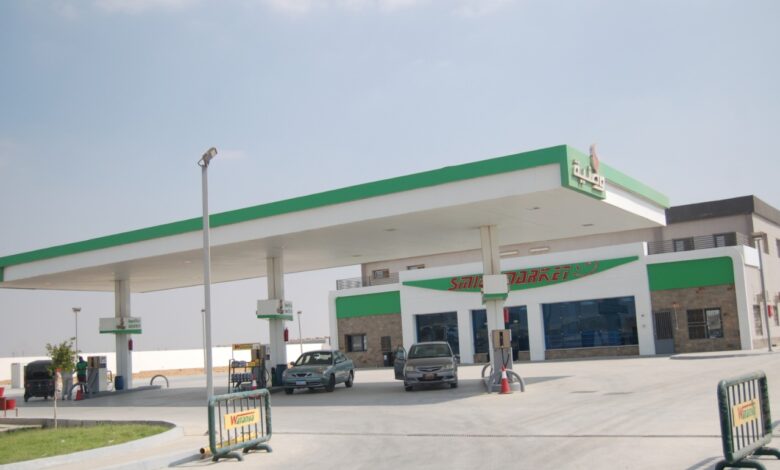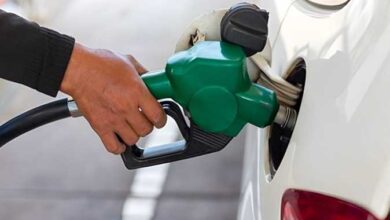
Mahmoud Nagi, the Deputy Minister of Petroleum and Mineral Resources for Transportation and Marketing, explained the reasons behind the fuel price increase that took effect on Thursday.
Nagi attributed the price hike to global crises and tensions that have impacted global prices, particularly those of oil, in recent years.
He added in an interview with the Extra News Channel that the cost of transporting petroleum products within the country has increased, and that the Egyptian state has been providing gasoline and diesel to citizens at very low prices.
Nagi emphasized that Egypt is among the top three or four countries with the lowest petroleum product prices globally, placing a significant burden on the state.
He concluded that the state considers global petroleum product prices, the exchange rate, and historical price averages when determining local prices.
The Egyptian government has been gradually reducing fuel subsidies as part of its economic reform program.
Marking the second increase this year, Egypt’s Petroleum Products Pricing Committee approved a price increase of between 10 percent and 15 percent for gasoline and diesel, amounting to 1.25 to 1.5 Egyptian pounds per liter.


